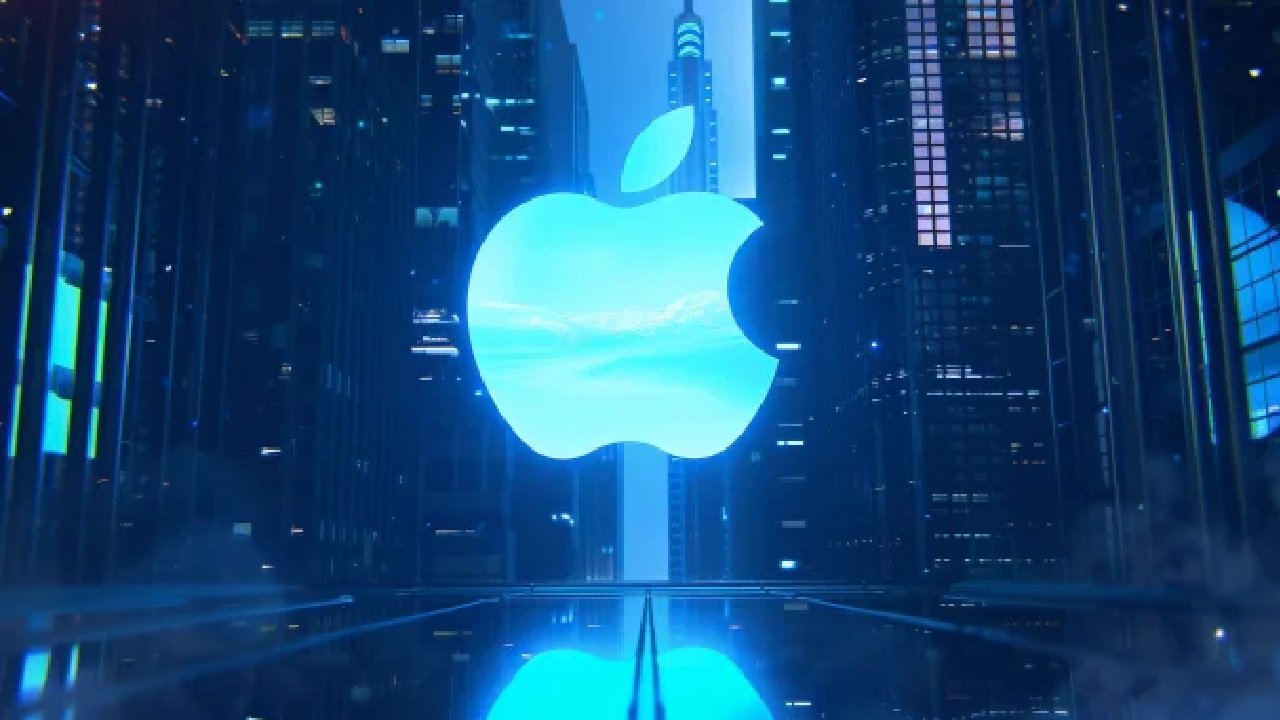
Can Apple able to Expanding Its Cross-Platform Ambitions ?
Apple is officially bringing its Swift programming language to Android, marking a strategic move to expand beyond its native ecosystem and target the vast Android developer community. This effort positions Swift as a direct challenger to Kotlin, Google's preferred language for Android development.
To lead this initiative, Apple has established an Android Working Group within the open-source Swift project. The group's mission is to embed Android support directly into Swift’s core distribution—eliminating the need for third-party tools or unofficial patches that previously offered limited support for Swift on Android.
First introduced in 2014 for Apple platforms like iOS, macOS, watchOS, and tvOS, Swift has since extended support to Windows and Linux. Now, with Android added to its roster, Apple is pushing Swift closer to becoming a truly cross-platform language.
Key Objectives of the Android Working Group
The working group will focus on several core areas to ensure a robust integration:
· Adapt Swift Core Packages: Align foundational libraries like Foundation and Dispatch w
· Enhance Java SDK Integration: Improve interoperability between Swift and Android’s Java-based SDKs.
· Boost Debugging Support: Strengthen debugging capabilities for Swift-based Android applications.
· Enable Community Package Compatibility: Assist community Swift packages in achieving full Android support.
While tools like Scade previously enabled limited Swift development for Android, they lacked official backing and often fell short on performance and integration. With Apple now directly involved, developers can expect native tooling, better documentation, and stronger community engagement.
Since 2017, Kotlin has been the default language for Android development. However, interest in Swift as a cross-platform solution has remained, with Google itself once exploring Swift for both Android and its experimental Fuchsia OS.
Apple’s push could rekindle developer interest in Swift, especially for teams aiming to maintain a unified codebase across iOS and Android.
Governed by the Swift open-source community, the Android Working Group invites collaboration from both Apple engineers and external contributors. While no official timeline has been set, the move signals a significant milestone in Swift’s evolution and Apple’s broader cross-platform development strategy.








